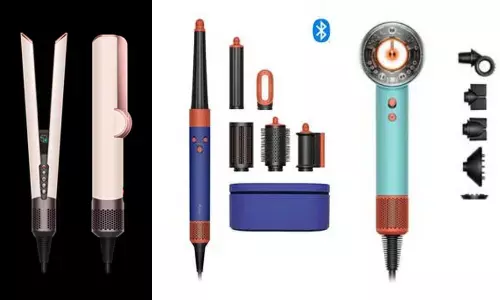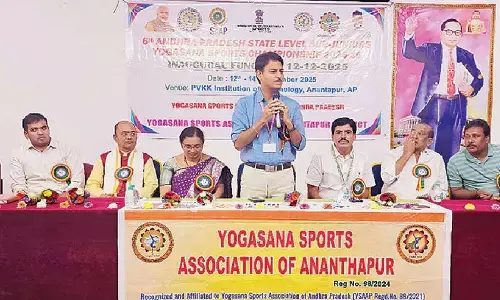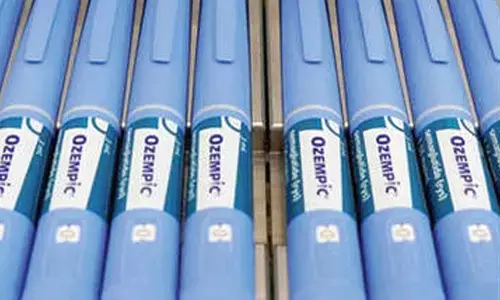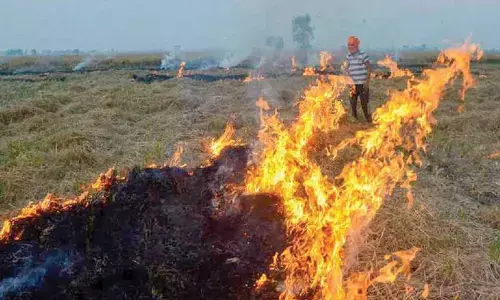New dwarf variety for resisting over wetting
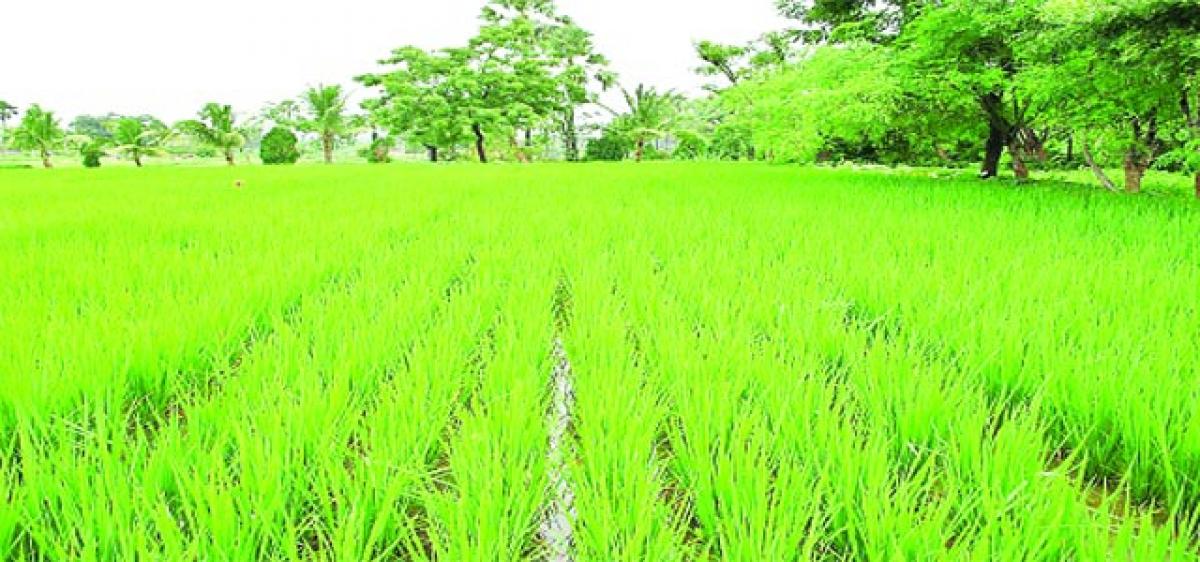
Farmers in coastal districts who are subjected to the wrath of severe natural disasters can heave a sigh of relief with a new variety developed by agricultural scientists to avoid total losses due to floods. In fact, rice crop expires within days of submergence as a result of over wetting.
Nellore: Farmers in coastal districts who are subjected to the wrath of severe natural disasters can heave a sigh of relief with a new variety developed by agricultural scientists to avoid total losses due to floods. In fact, rice crop expires within days of submergence as a result of over wetting.
Coastal Andhra Pradesh is highly vulnerable to unexpected disasters such as floods, heavy rains and even drought. Floods ravage the entire crop leaving the farmers in dire straits during cyclones and other disasters. Scientists of local rice research station have developed a new variety, NLR 3513, which can withstand such natural calamities and prevent losses to the farmers.
Excessive and extensive use of water apart from low resistance to over-wetting has proved to be major disadvantages in rice cultivation. These problems created apprehensions among the farmers about the fate of their crop and their own future prospects. With the objective of addressing these concerns and solve such problems, scientists developed the new variety.
According to Dr Y Suryanarayana, Principal Scientist, Regional Agriculture Research Station, “NLR 3513 is suitable for the rainy season, Kharif, in coastal areas of the state. It is a high-yielding variety and resistant to pest and diseases. This variety is basically very short in size and can sustain problems like lodging during floods accompanied by gales.
Farmers can at least get minimum yield in the event of such unanticipated climatic factors.” He added that this variety is getting good response from the farmers. It is common for paddy farmers in coastal districts to face crop damages due to over wetting. Now, the mini kits are being distributed to the farmers from Krishna district to Srikakulam for testing long-variety rice such as Swarna, and flood resistant crops.
According to scientists, rice is a rare crop which can sustain even during somewhat wet conditions compared to other crops which fail to give yield under such conditions. But, it may encounter a regular problem in coastal regions due to unrestrained flooding because rice cannot survive in inundated under water conditions for a long period of time.
So, the farmers have either to make the lands free from water logging or to sow wet-resistant varieties for continuous yield to avoid farm related losses. Scientists are now suggesting direct sowing for all rice varieties and advising them to change their traditional method of cultivation. According to scientists, by adapting to direct sowing farmers can not only decrease the input cost but also get them considerable yield.
Many districts in the state have already been following this method. In Nellore, farmers in southern parts of the district like Naidupet, Sullurpet, and Venkatagiri and some parts of Tamilnadu have taken up direct sowing method. However, delta farmers continue to follow old and traditional methods because of lack of awareness on the best practices that could save water and investment, agricultural scientists say.
By P V Prasad










